American Julie Gibson Clark spends $108 a month to reverse aging, now has a higher "age hack" index than Johnson, a technology millionaire who spends $2 million a year on this.
The 55-year-old woman ranked second on the online Rejuvenation Olympics leaderboard. The chart tracks the biological aging rate of about 4,000 participants, based on DNA testing that provides insight into the impact of environment and lifestyle on human gene activity. According to the most recent test results, Clark is aging at a rate of 0.665 years in a year.
Clark is ahead of Bryan Johnson, the tech millionaire who spends $2 million a year, takes dozens of pills a day, and has a team of 30 personal doctors to reverse aging.
The longevity or “biohacking” market, currently worth more than $26 billion, is expected to nearly double in less than a decade. And with it comes a slew of specialized clinics offering comprehensive testing, preventive health advice, supplement prescriptions, and exercise plans. This niche market has long been a Silicon Valley obsession.
Previously, former Twitter CEO Jack Dorsey shared that he meditates for two hours a day, walks 8 km, and takes saunas and ice baths daily. Dave Asprey, founder of Bulletproof, uses high-tech treatments such as bio-vibration and cryotherapy chambers. He often says that his goal is to live to 180.
Fortune interviewed several women who have successfully combated the effects of aging on their bodies. Many reject the popular term “age hacking.” They say their goal is to improve their overall health.
Clark says she doesn’t have the financial resources to pursue the “biohacking” of tech billionaires. She starts her day at 4:45 or 5 a.m., takes her 17-year-old son to school, then hits the gym for resistance training and cardio. She fasts intermittently, for about 16 hours overnight, eating her first meal between 10 and 11 a.m.
Clark takes a 20-minute steam bath before taking a cold shower at least three times a week. While at work, she drinks a 400-ml vegetable smoothie, made with raw celery, radishes, carrots, and blanched broccoli. She also meditates for 20 minutes in the early afternoon.
$108 per month is mainly for gym expenses and some supplements.
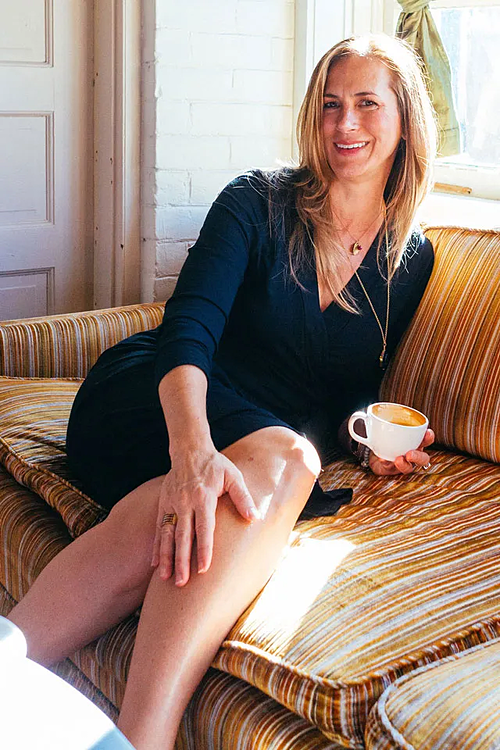
Julie Gibson Clark, 55, poses for a photo at her home. Photo: Julie Gibson Clark
She began making a serious effort to improve her health more than 10 years ago. Around 2013, she struggled to wake up in the morning, felt tired all the time, and lost a lot of hair. After a thorough check-up, she discovered that her body was contaminated with heavy metals, partly due to her work in ceramics at university. She was often exposed to toxic glazes without wearing a mask. While dealing with this condition, she began to pay more attention to her health.
The $4 trillion-plus health care industry has seen a huge surge in spending over the past decade, driven largely by female consumers. But the longevity movement that has grown so rapidly in recent years is more male-dominated, with many believing that aging is a preventable disease.
That development has created a group of influential men who own “longevity companies” and have spent much of their careers as speakers on the subject. Tech millionaire Bryan Johnson recently came under fire for promoting an unproven rejuvenation method that involves transfusing younger people’s blood.
As the longevity movement has expanded, more women have joined in. But their perspective is different from that of men. Women tend to focus on overall health rather than the appearance of youthfulness, such as smooth, wrinkle-free skin, says Melanie Goldey, CEO of Tally Health, a company that offers biological age tests.
Amy Hardison, who finished fifth in the Rejuvenation Olympics, is aging at a rate of 0.73 years per year. She has never taken a daily supplement or thought much about extending her life. Hardison practices healthy eating, regular exercise, and staying connected to others to avoid feeling lonely.
Thuc Linh (According to Fortune )
Source link


![[Photo] Children's smiles - hope after the earthquake disaster in Myanmar](https://vstatic.vietnam.vn/vietnam/resource/IMAGE/2025/4/14/9fc59328310d43839c4d369d08421cf3)
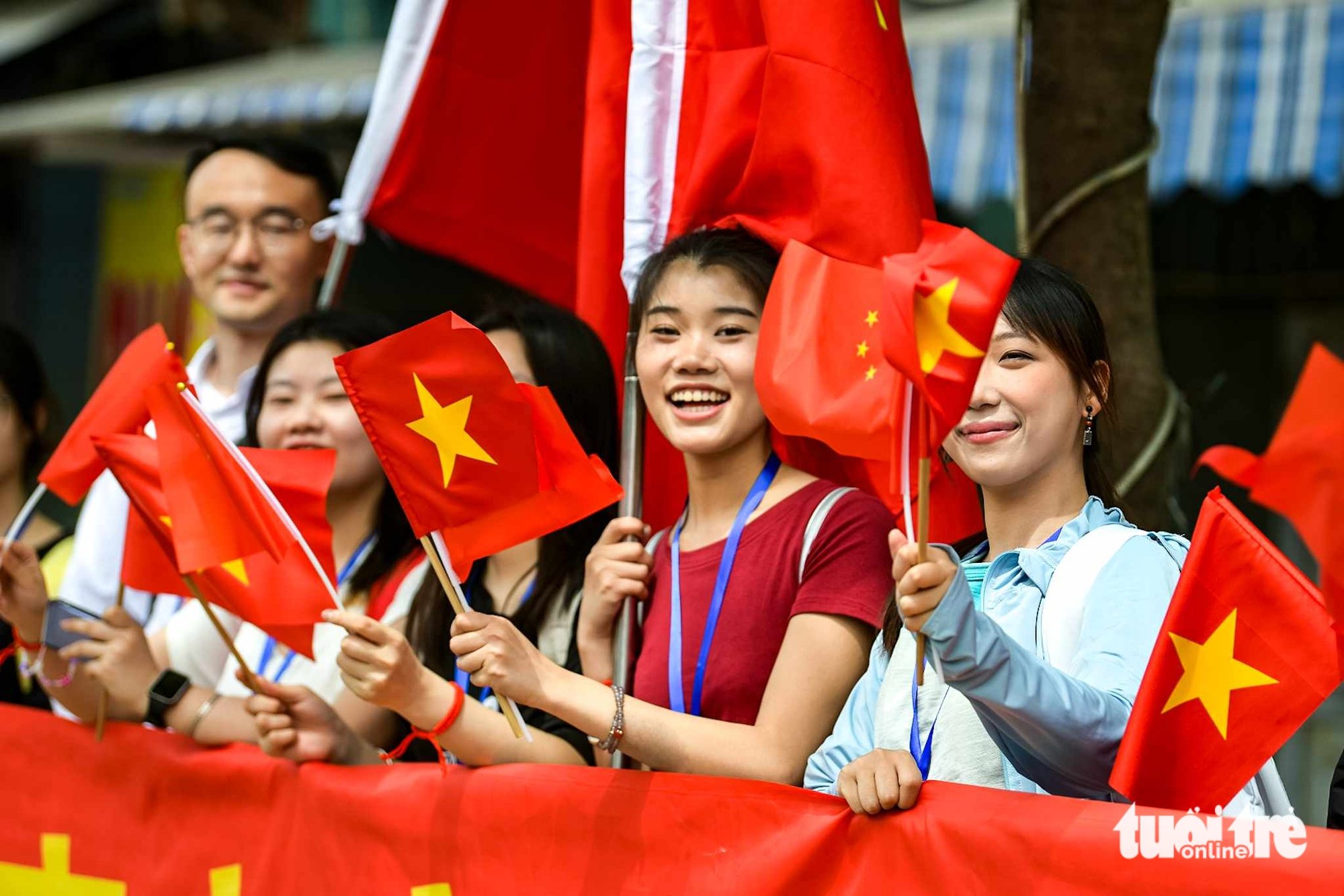
![[Photo] Touching images recreated at the program "Resources for Victory"](https://vstatic.vietnam.vn/vietnam/resource/IMAGE/2025/4/14/99863147ad274f01a9b208519ebc0dd2)
![[Photo] General Secretary To Lam chairs the third meeting to review the implementation of Resolution No. 18-NQ/TW](https://vstatic.vietnam.vn/vietnam/resource/IMAGE/2025/4/14/10f646e55e8e4f3b8c9ae2e35705481d)

![[Photo] Opening of the 44th session of the National Assembly Standing Committee](https://vstatic.vietnam.vn/vietnam/resource/IMAGE/2025/4/14/03a1687d4f584352a4b7aa6aa0f73792)
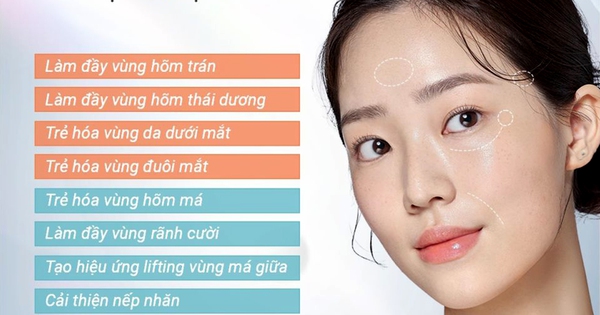

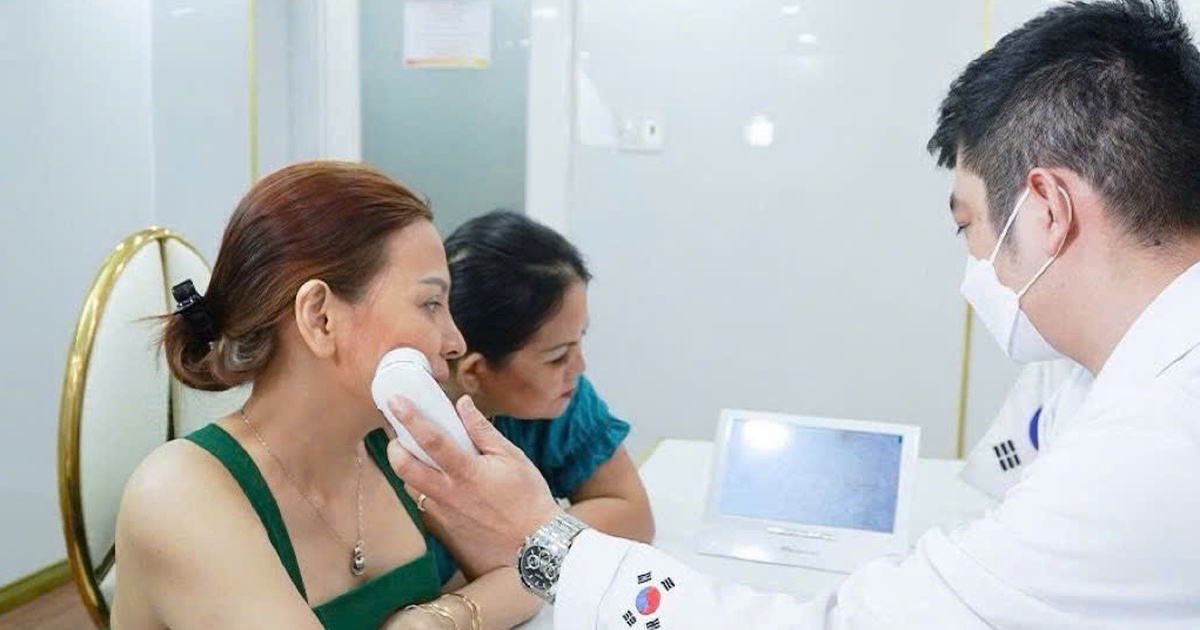

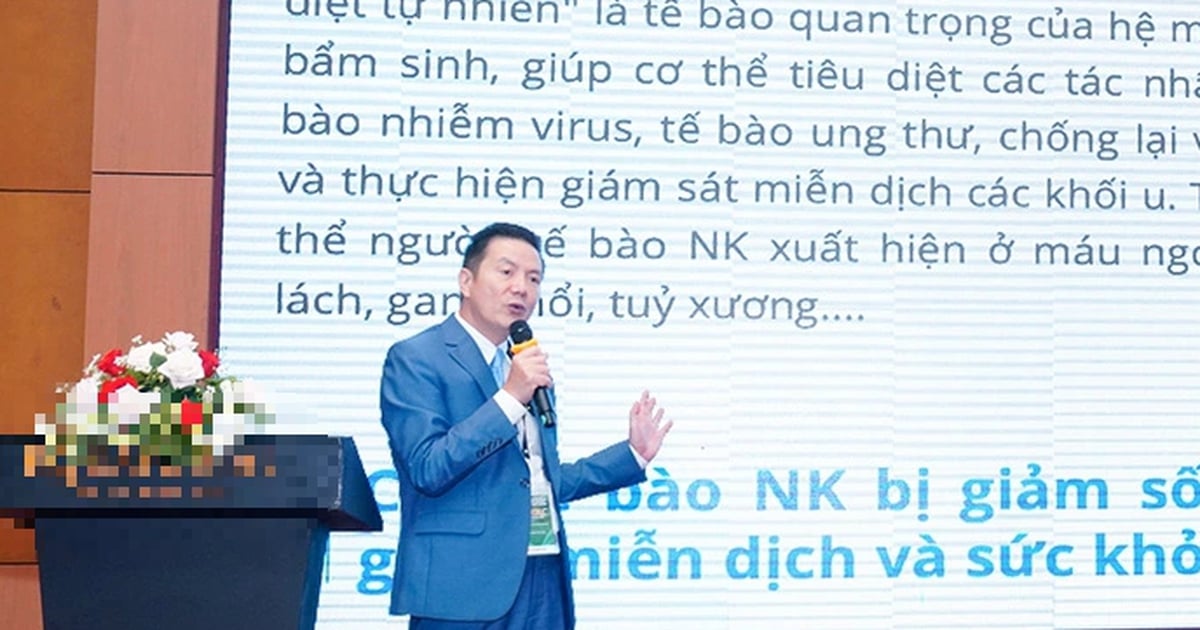
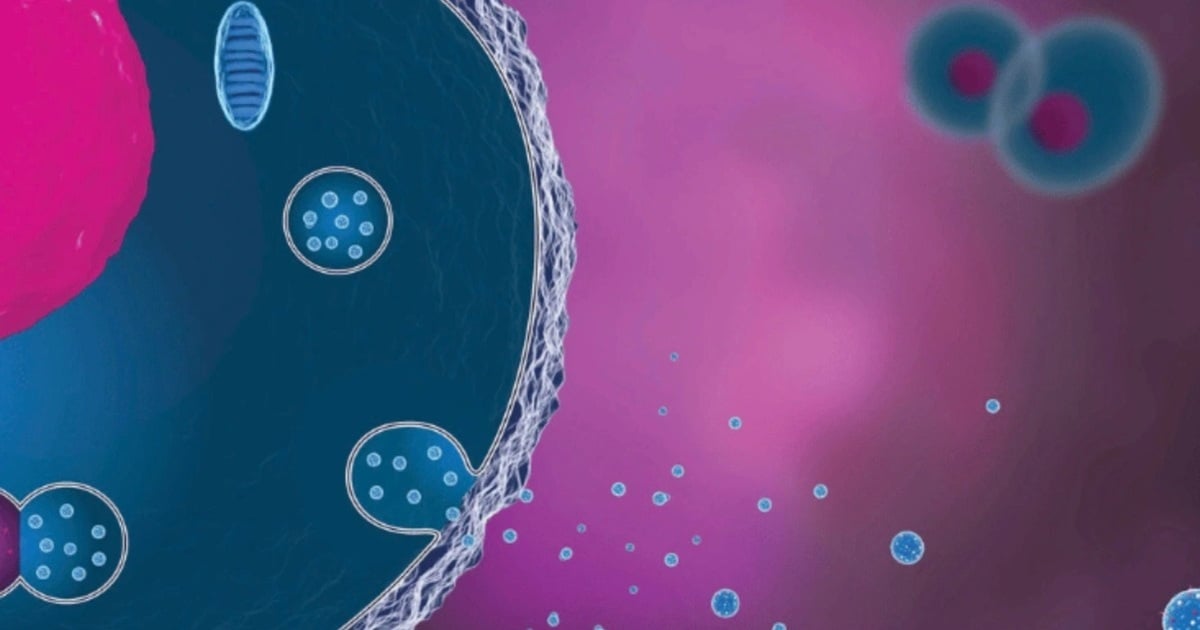



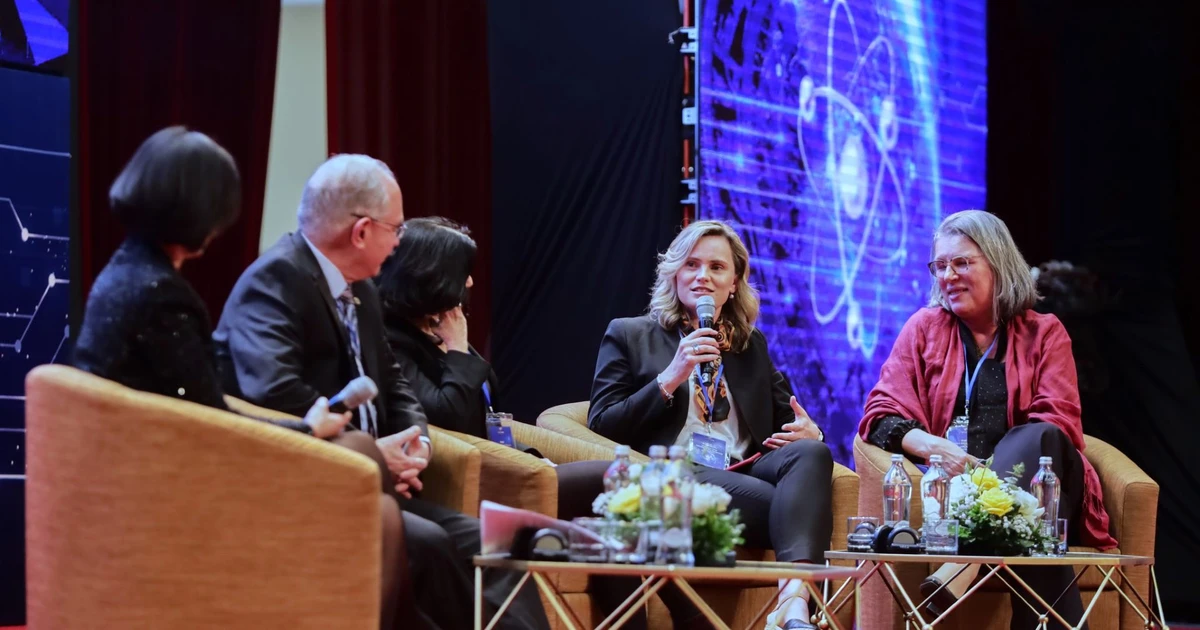

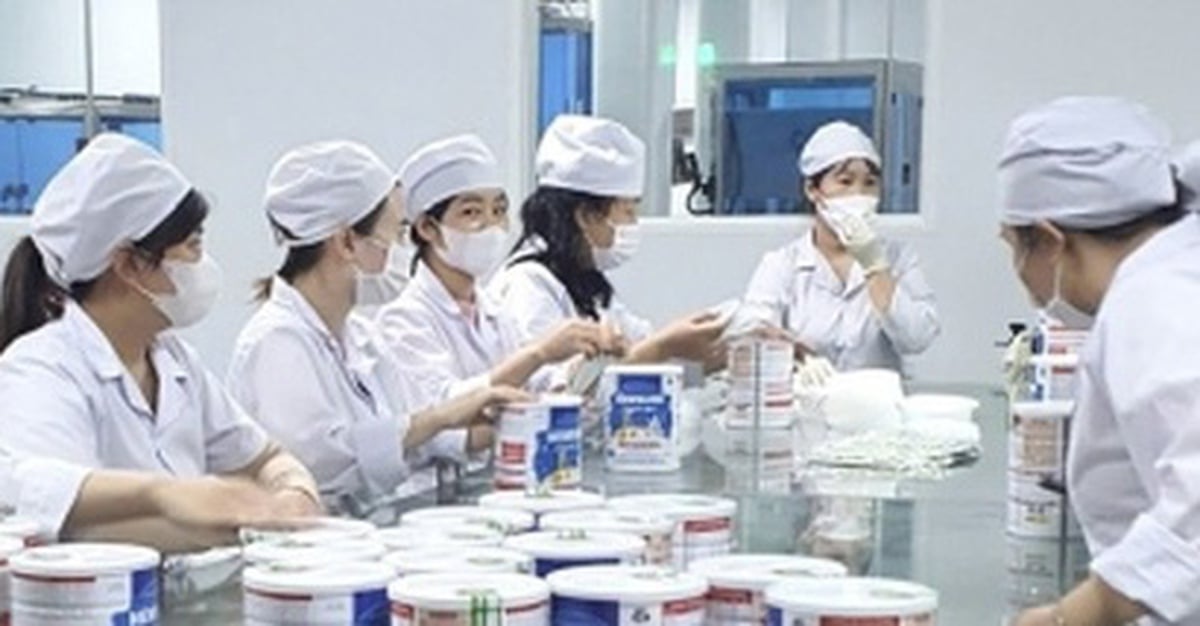
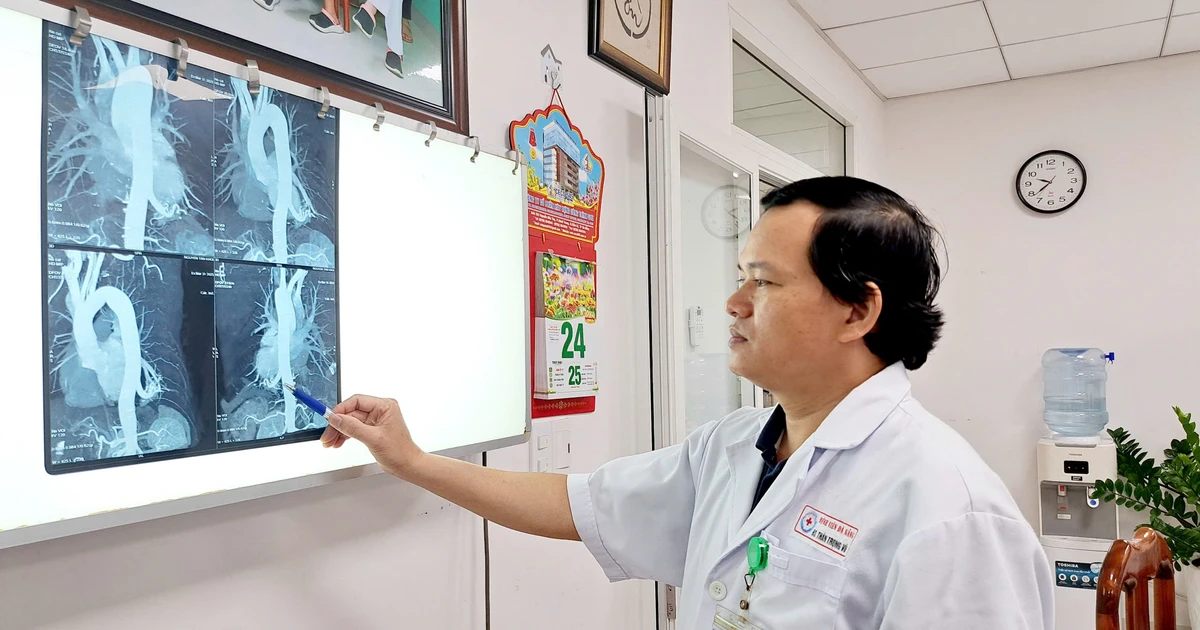


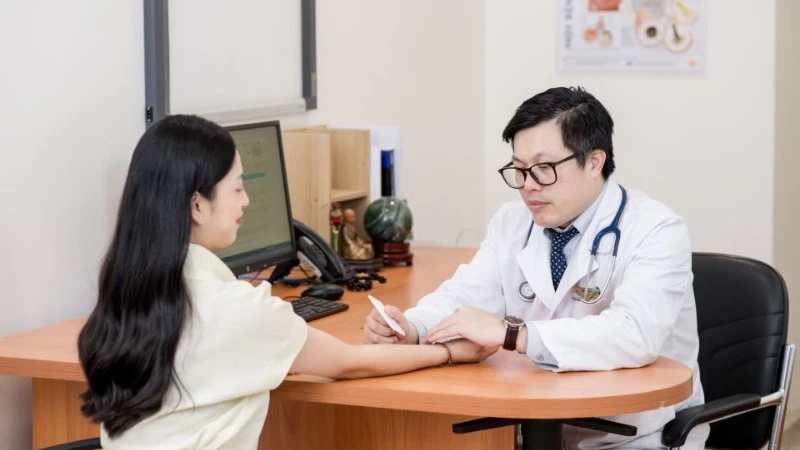
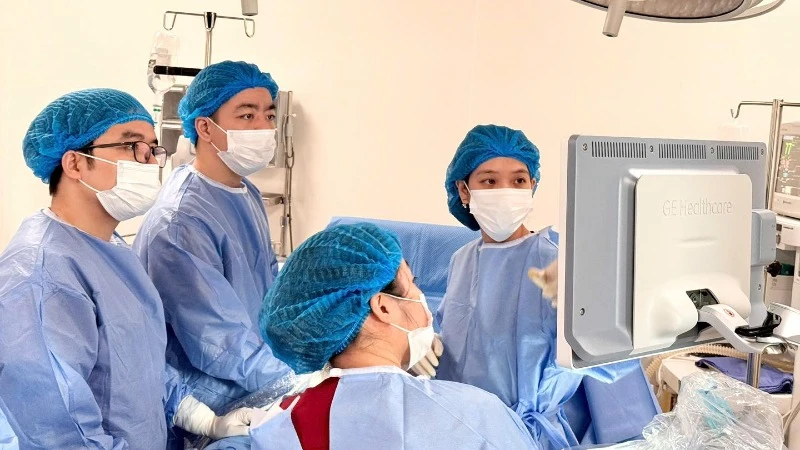





















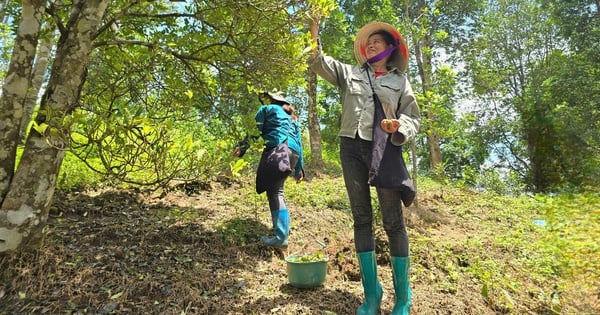







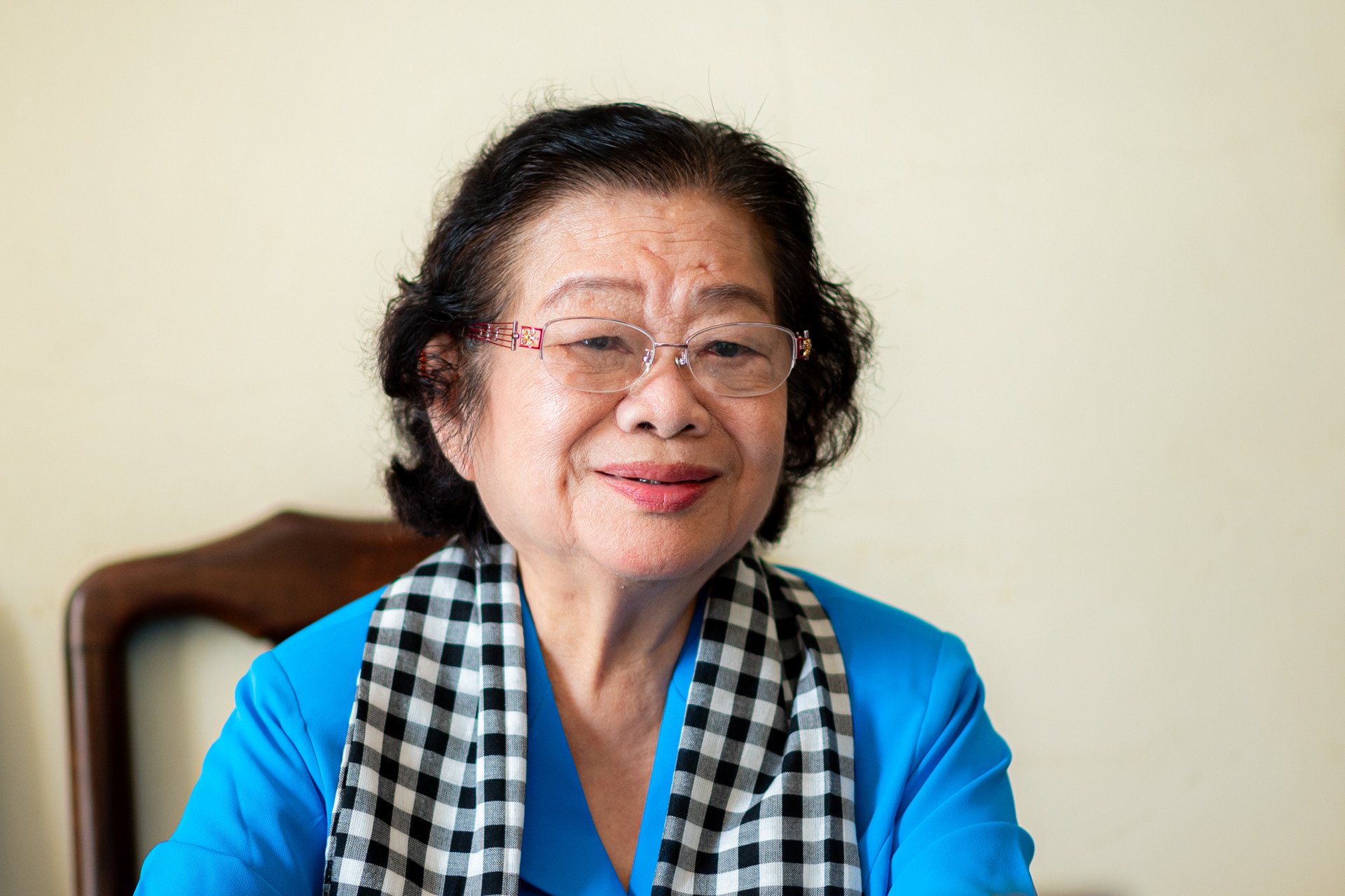











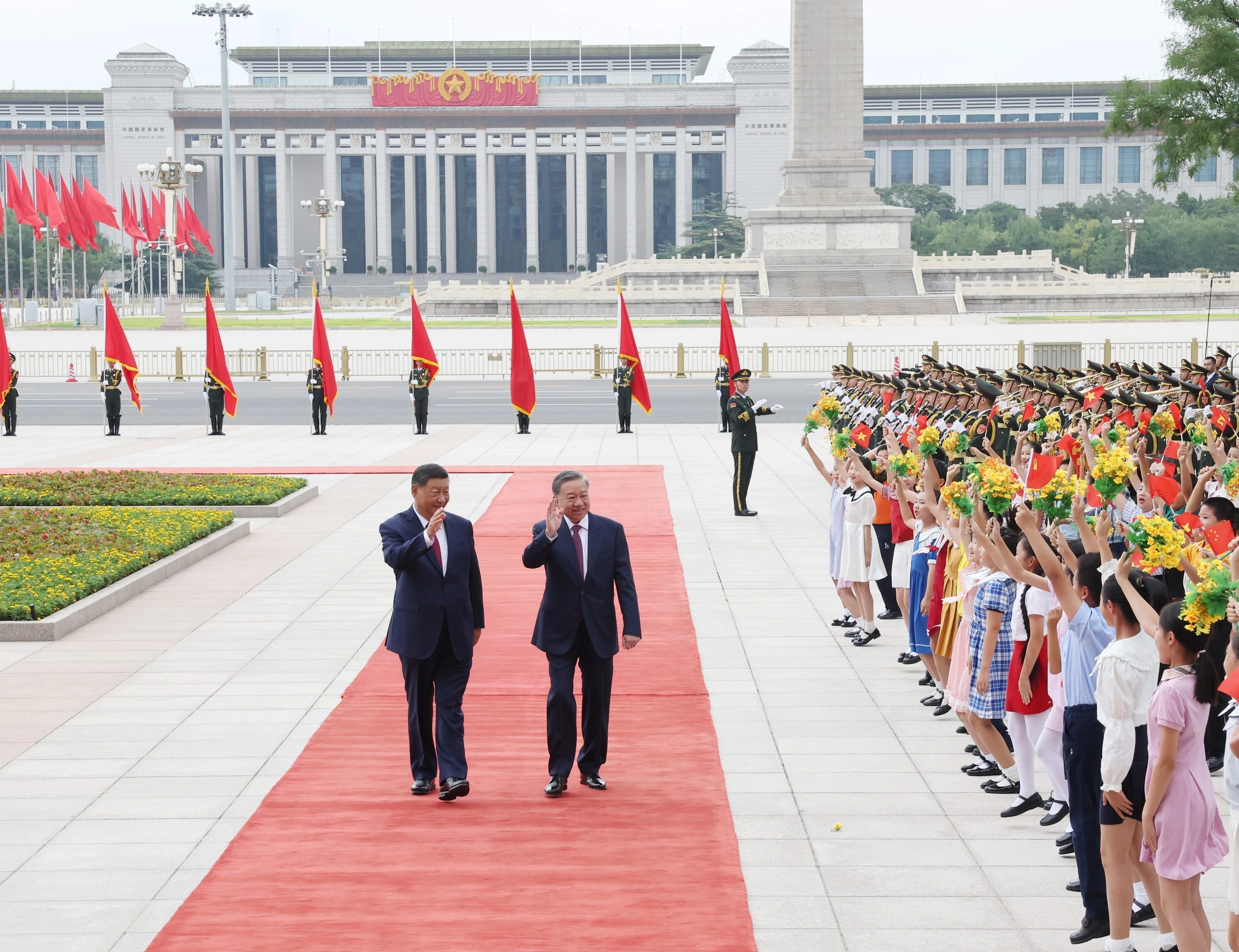
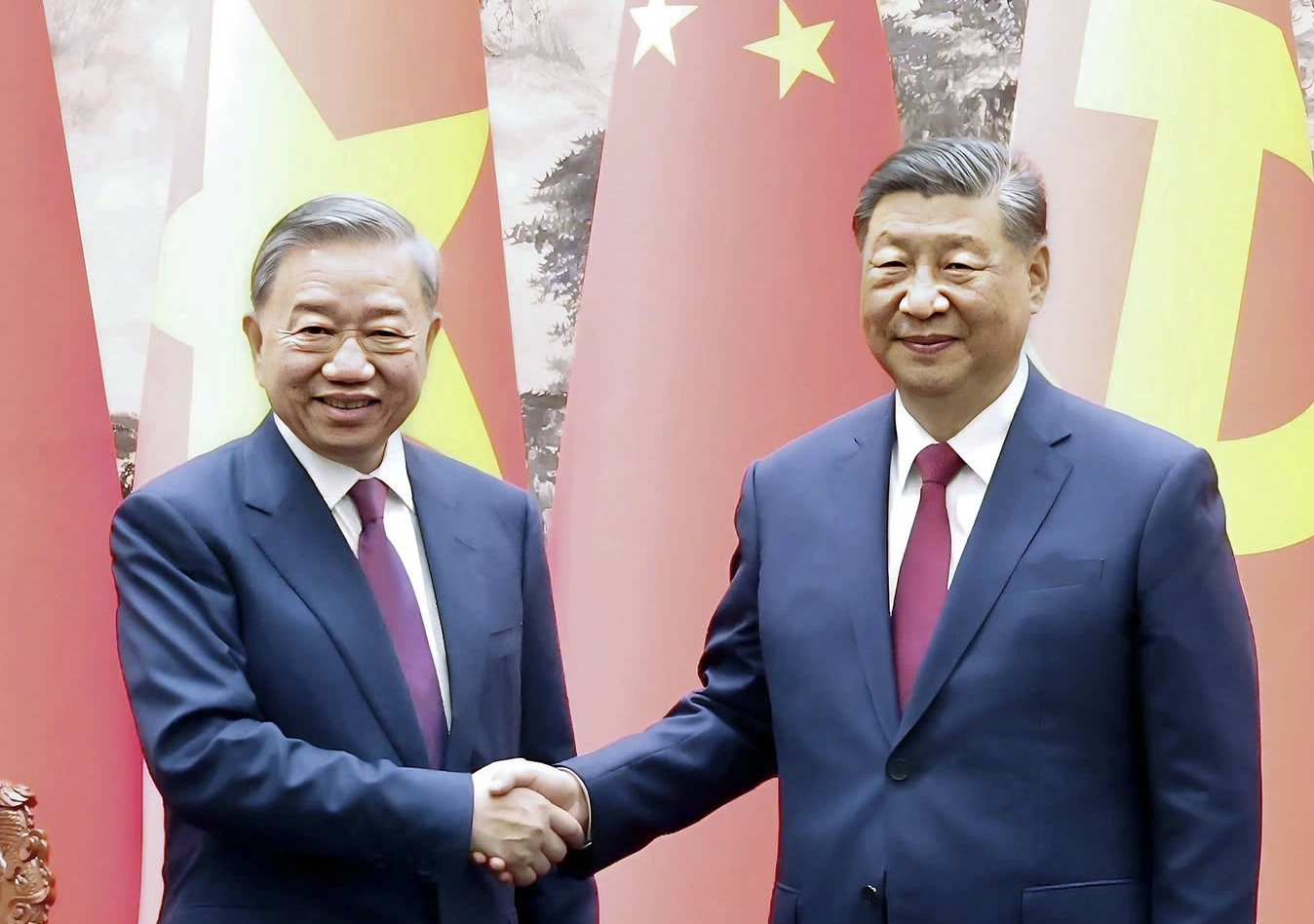
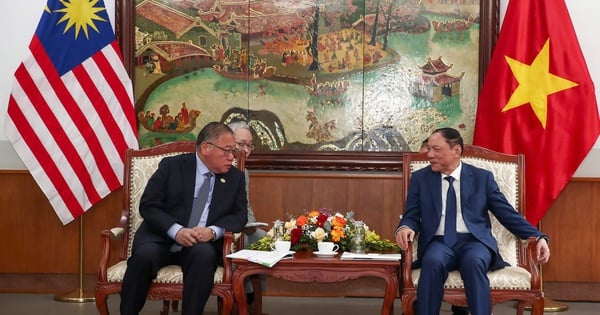




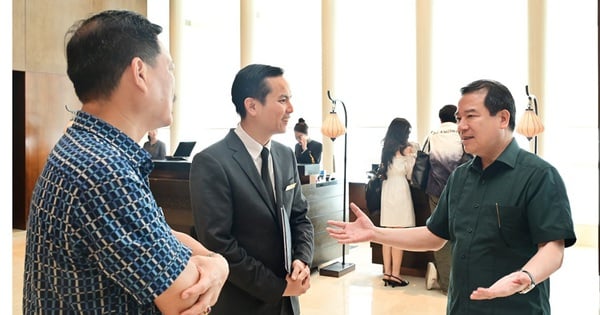


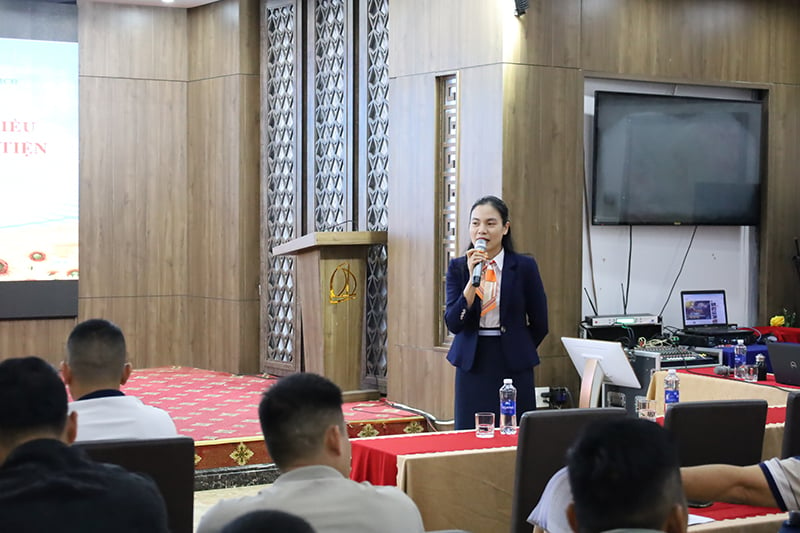


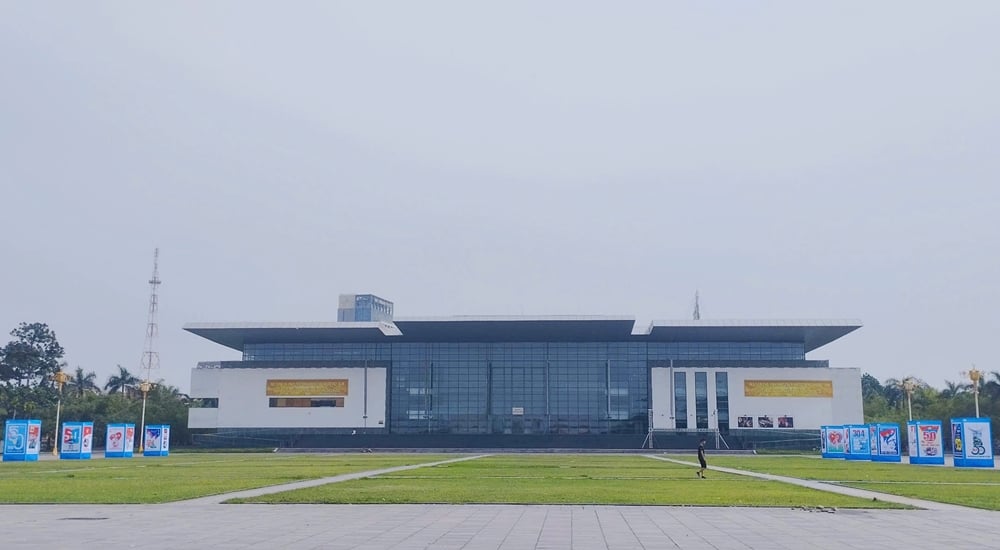
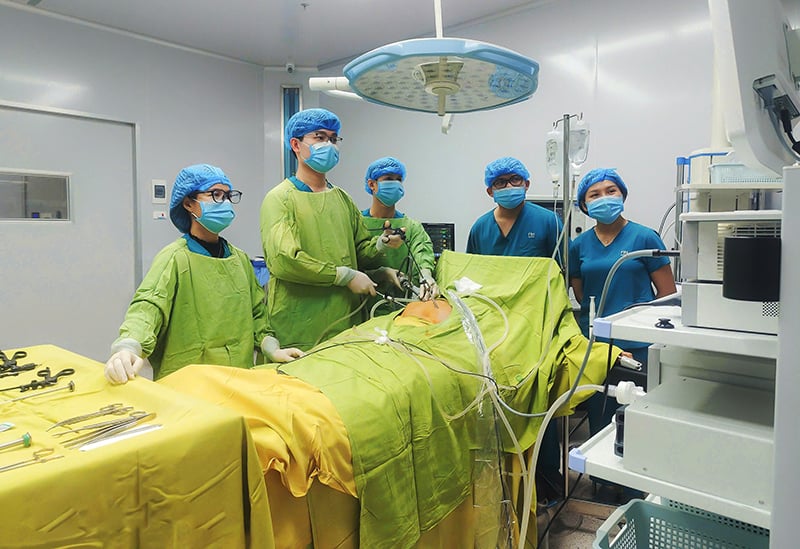












Comment (0)